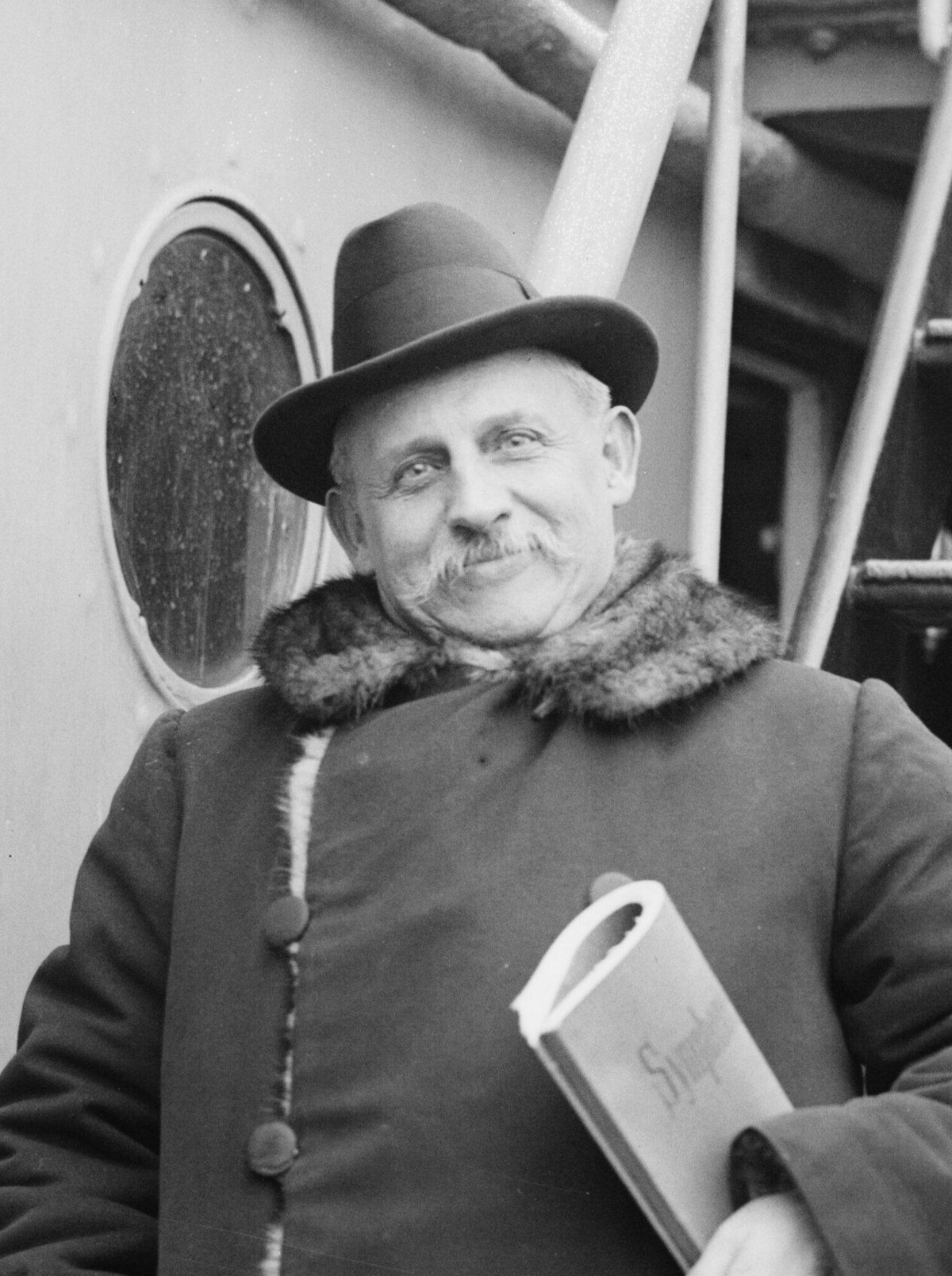Eugene d'Harcourt
Eugene d'Harcourt was born on 2 May 1865 in Paris (France) into a noble family. His grandfather was Duc Eugene d'Harcourt (1786-1865), ambassador in Rome in 1848/49 and significantly involved in the escape of Pope Pius IX to Gaeta. His father was a capitaine de vaisseau.
Eugene d'Harcourt made his baccalaureat in 1880 and since 1882 studied music at the Paris conservatory under Jules Massenet, Augustin Savard and E. Durand. He also studied law and completed both in 1886. Eugene d'Harcourt then moved to Berlin where he continued his music studies under Woldemar Bargiel and Ferdinand Schulz. He returned to Paris in 1890 and two years later founded the Concerts Eclectiques Populaires, a concert series especially addressed to the "classe populaire" (i.e. underclass) and for which he build its own concert hall, the Salle d'Harcourt. The concerts were stopped in 1895 and revived in 1900 in the Eglise Saint-Eustache. Eugene d'Harcourt later became a music commissioner for the French government. In this position he visited several countries (Italy, Germany, Austria, USA) to study the local music education and to promote the French music.
Eugene d'Harcourt also wrotes music critics for the Figaro and a few monographs on Beethoven's symphonies, Richard Wagner's Tannhäuser and others.
As a composer he has a vast work catalogue which remained mainly unpublished. Among his compositions are the opera "Le tasse", 3 symphonies (one title "Neo-Classique"), 2 ballets (one titled "Fille des neiges"), cantatas and motets, a mass, 2 string quartets and a lot of chamber music and songs. He also made French versions of the operas "Genoveva" by Robert Schumann and "Der Freischütz" by Carl Maria von Weber.
Eugene d'Harcourt died on 9 March 1918 in Locarno (Switzerland).
In my possession is the autograph manuscript of the work "Hymne a Pan" for choir and orchestra by Eugene d'Harcourt. The work sets a poem by Georges de Pimodan to music and was composed between 1887 and 1890, so during his time in Berlin. As far as I know the work remained unperformed.

